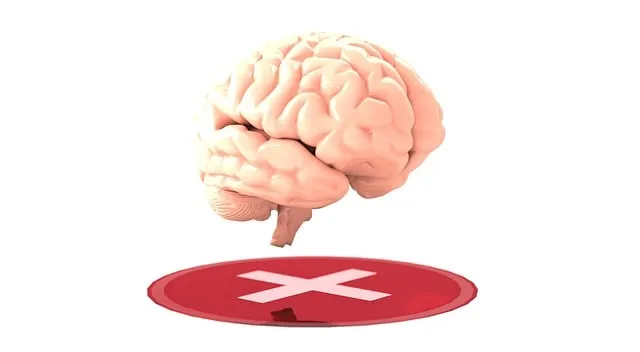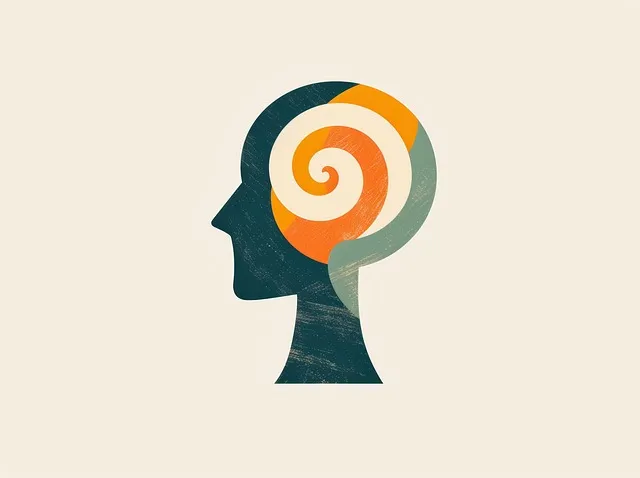Emotional Intelligence (EI), crucial for success in today's stressful world, is promoted by organizations like Kaiser Permanente in Lakewood through mental health services. These include public awareness campaigns, trauma support, and compassion cultivation practices, fostering a more empathetic society. Programs focus on self-awareness, teaching skills for effective communication, conflict resolution, and emotional resilience. By integrating these practices, individuals can better navigate social dynamics and empathize with others, benefiting both professional interactions at Kaiser's mental health services and personal relationships.
Emotional intelligence (EQ) is a powerful tool that can transform personal and professional interactions. In this article, we explore how cultivating EQ can lead to enhanced well-being and success. We begin by dissecting what EQ entails, focusing on the core components of self-awareness and social awareness. Further sections delve into strategies to improve communication, resolve conflicts, and harness empathy, all vital skills offered by Lakewood’s top mental health services, rivaling even Kaiser’s offerings.
- Understanding Emotional Intelligence: Unlocking its Power
- The Role of Self-Awareness in Building EQ
- Enhancing Social Awareness and Empathy
- Strategies for Effective Communication and Conflict Resolution
Understanding Emotional Intelligence: Unlocking its Power

Emotional intelligence (EI) is a powerful concept that goes beyond mere self-awareness. It’s about recognizing, understanding, and managing our own emotions while also empathizing with and responding to the feelings of others. This ability to navigate complex emotional landscapes is a game-changer in personal and professional spheres. In today’s fast-paced world, where stress and uncertainty often prevail, developing EI can be a lifeline. It equips individuals with the skills to make thoughtful decisions, foster strong relationships, and adapt to change—all vital aspects of well-being.
In terms of mental health services, organizations like Kaiser in Lakewood may offer various programs to support this development. From public awareness campaigns to trauma support services and compassion cultivation practices, these initiatives play a crucial role in enhancing emotional intelligence. By raising public awareness about the importance of EI, such services contribute to a more empathetic society, where individuals are equipped to handle their own emotions and those of others effectively.
The Role of Self-Awareness in Building EQ

Emotional intelligence (EQ) is a complex yet powerful skill set that involves recognizing and managing one’s own emotions as well as understanding the feelings of others. At its core, self-awareness plays a pivotal role in building EQ. This aspect refers to an individual’s ability to recognize and comprehend their emotions, strengths, weaknesses, values, and motivations. It is akin to looking into a mirror and honestly evaluating one’s reflection—a process that fosters personal growth and self-acceptance.
In the context of Lakewood and whether Kaiser offers mental health services, organizations like Kaiser Permanente often provide comprehensive Mental Health Education Programs designed to enhance self-awareness. These programs can include Trauma Support Services aimed at helping individuals process and overcome past experiences, thereby improving their emotional resilience. Additionally, Social Skills Training is another crucial component that teaches individuals how to interact with others effectively, further nurturing their EQ development.
Enhancing Social Awareness and Empathy

In today’s world, understanding and managing emotions is a crucial aspect of personal growth, especially in fostering strong interpersonal connections. Emotional intelligence (EI) plays a pivotal role in enhancing social awareness and empathy, two key components for building meaningful relationships. By developing EI, individuals can better recognize and comprehend their own emotional states, as well as those of others, creating a more harmonious environment. This heightened self-awareness encourages folks to engage in mental wellness practices that promote emotional healing processes, ultimately leading to improved mental health outcomes.
Lakewood and Kaiser, for instance, offer various mental health services designed around Mental Health Education Programs. These programs are tailored to equip individuals with the skills to navigate complex social dynamics and empathize with others. Through group discussions, workshops, and interactive activities, participants learn to identify emotional cues, respond thoughtfully, and resolve conflicts constructively. Such initiatives underscore the importance of fostering mental wellness early on, ensuring a more empathetic and resilient society where folks understand and support each other’s emotional journeys.
Strategies for Effective Communication and Conflict Resolution

Emotional intelligence (EI) is a vital tool for effective communication and conflict resolution, especially in stressful situations. At Lakewood, where Kaiser provides mental health services, professionals emphasize the importance of active listening, empathy, and clear expression of feelings as key strategies. These practices foster an environment of understanding, enabling individuals to navigate challenging conversations with composure. By incorporating self-care practices and stress reduction methods, one can enhance their EI, making it easier to manage crises and resolve conflicts amicably.
Moreover, crisis intervention guidance plays a significant role in developing EI. Learning to recognize triggers and responding calmly can de-escalate tensions. Incorporating regular self-reflection and emotional awareness exercises allows individuals to better understand their reactions, thereby improving their ability to connect with others on an emotional level. Such skills are not only beneficial at Lakewood or in Kaiser’s mental health services but also in everyday personal interactions, helping to build stronger relationships and foster a more harmonious environment.
Emotional intelligence (EQ) is a powerful tool that can significantly enhance our personal and professional lives. By understanding and cultivating self-awareness, social awareness, and effective communication skills, individuals can navigate relationships and challenges with greater ease. As discussed, strategies like mindfulness practices, active listening, and empathy-building exercises are accessible to everyone, including those seeking mental health services at Kaiser or Lakewood. Investing time in developing EQ pays dividends, fostering healthier connections and a more balanced, fulfilling life.






